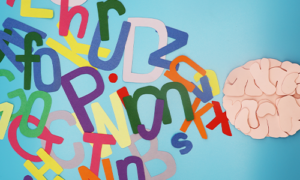
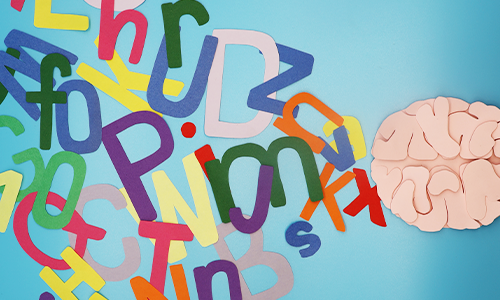
Article
6 ways to level up with the science of reading
Implementing the science of reading is an ongoing process to shift instructional strategies to evidence-based practices. Two literacy experts from NWEA® share six ways literacy educators can continue to build on their progress and take the science of reading to the next level.
Topics: Early learning, Education research, Instructional strategies, Literacy
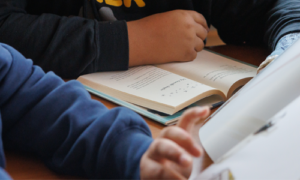
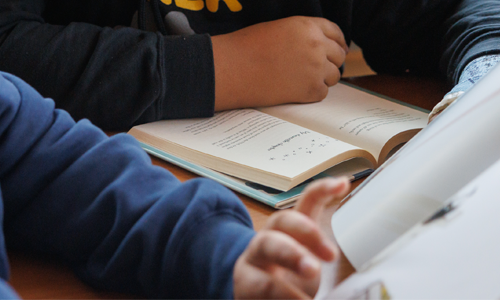
Case Study
NWEA Partnership Spotlight: Bolstering whole-child education alongside NewSchools Venture Fund
Researchers from NWEA partnered with NewSchools Venture Fund to explore the relationship between school culture and climate, social and emotional learning, and academic achievement. Learn more about this innovative research partnership.
Topics: Assessment, Education research, Equity, Leadership, Social emotional learning
Products: MAP Growth
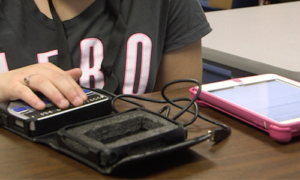
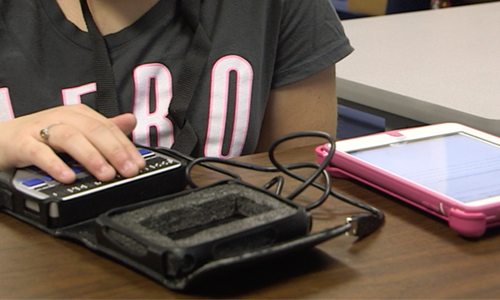
Case Study
Funded by Microsoft’s AI for Accessibility Grant, NWEA joined with Perkins Access, Governor Morehead School, and Sonja Steinbach, a math educator who works with students with vision disabilities. Together, they embarked on a unique research partnership to make middle school mathematics assessments more accessible for students with vision impairments.
Topics: Accessibility, Assessment, Education research, Equity, Math
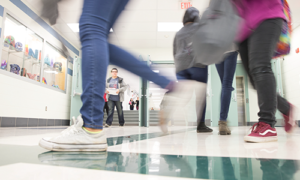
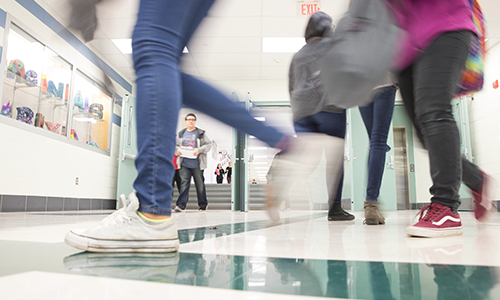
Case Study
Learning from districts’ COVID recovery interventions alongside AIR and Harvard University
In the wake of instructional challenges faced over the past two school years, NWEA, the Center for Analysis of Longitudinal Data in Education Research (CALDER) at the American Institutes for Research (AIR), and the Center for Education Policy and Research (CEPR) at Harvard University have partnered with a coalition of large school districts across the country to help determine which COVID recovery interventions are working and to what extent.
Topics: Assessment, Early learning, Education research, Equity, Instructional strategies, Literacy, Math, Professional learning
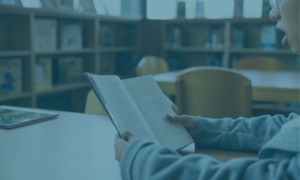
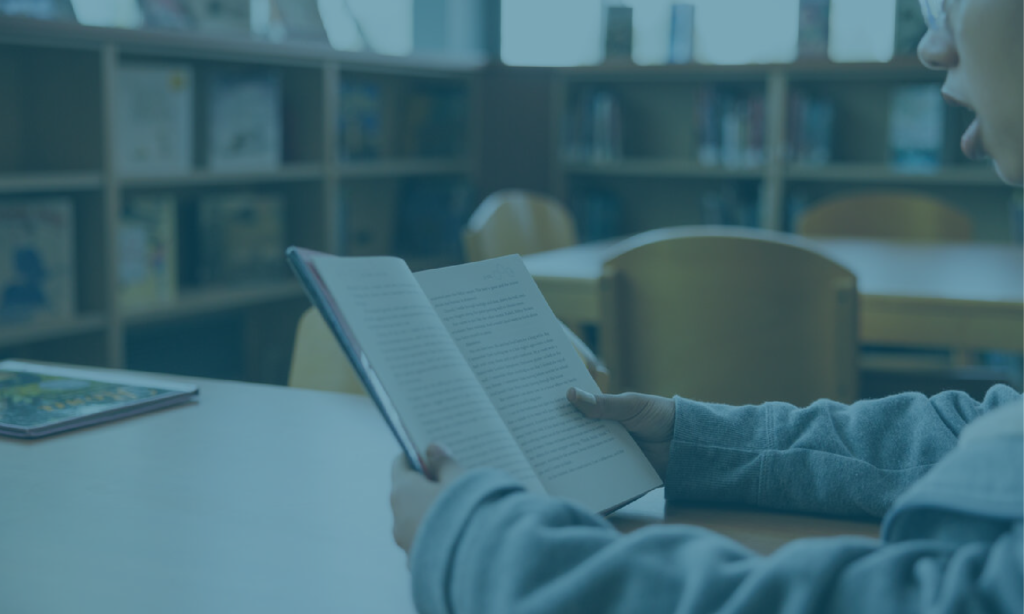
Webinar
Special briefing on new fall data
New fall data shows continued signs of academic rebounding. Drs. Karyn Lewis and Emily Morton provide more context and details to a new report on the state of academic gains and achievement levels. They also share insights on intervention efforts.
Topics: Education research
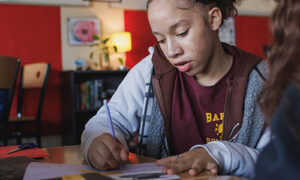
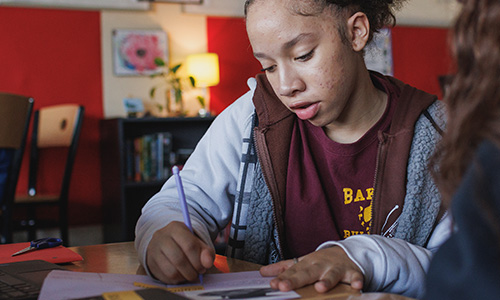
Case Study
The power of partnership on full display with Tacoma Schools collaboration
See how a Washington district was able to recover from pandemic disruptions by working shoulder-to-shoulder with NWEA over the course of an extended partnership.
Topics: Equity, Instructional strategies, Leadership, Professional learning, Social emotional learning


Fact Sheet
2022 norms for MAP Growth course-specific tests in Biology
A 2-page document outlining the user norms for MAP Growth tests in Biology. Includes details on how the user norms were developed, how user norms differ from national representative norms, and what years of data were used to craft them. Detailed charts are included that cover fall to winter, Fall to spring, and winter to spring norms.
Topics: Education research, Insights & reports, Leadership, Science
Products: MAP Growth, MAP Science